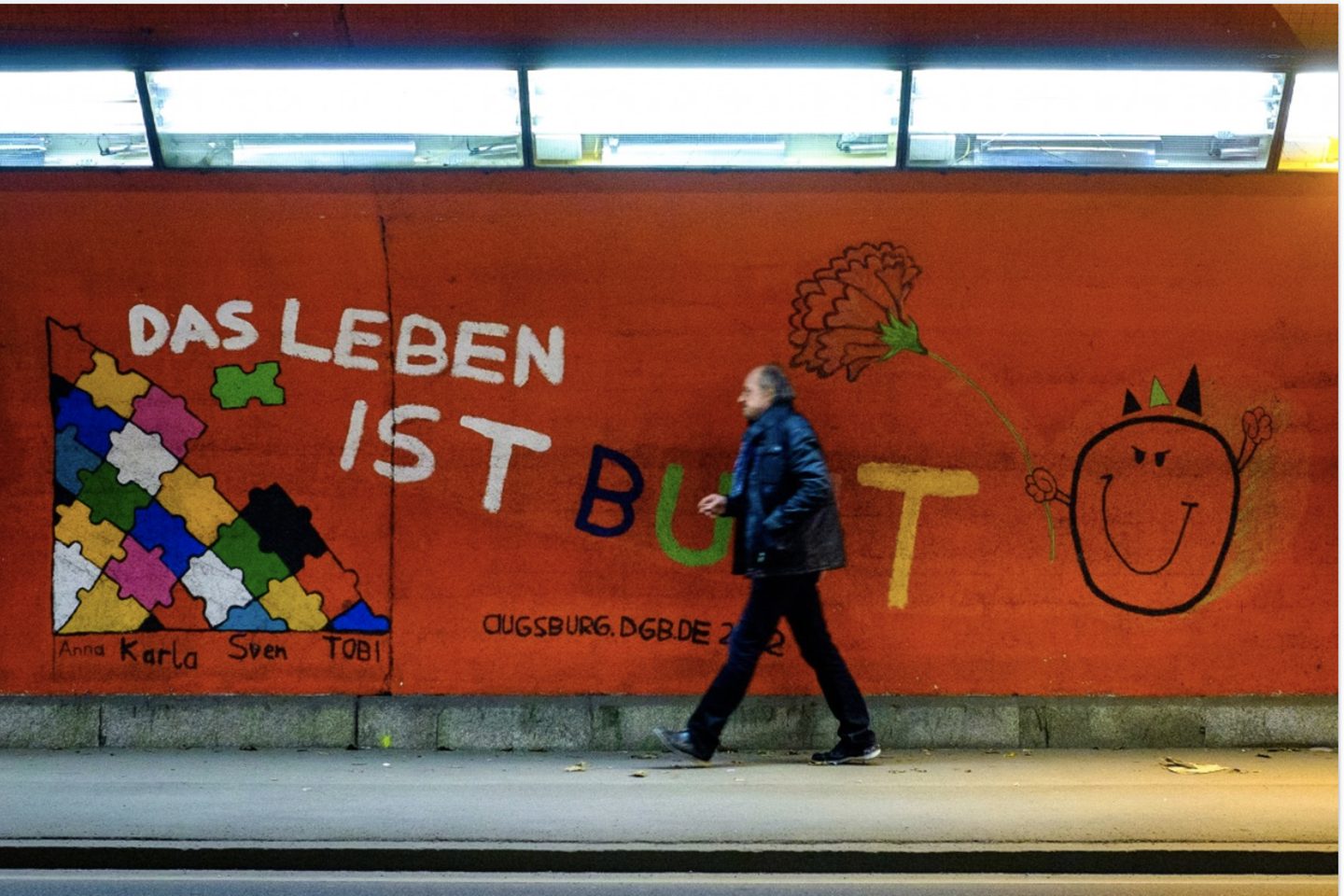
The American Association of Teachers of German has declared October 4 as National Teach German Language Day, to promote the teaching and learning of German.
This is an appropriate date to celebrate the German language, as it falls just one day after Tag der deutschen Einheit (German Unity Day on October 3), which commemorates the reunification of East and West Germany. This year is the 30th anniversary.
German is the native language of 95 million people in the world, and the second language to millions more. It is the most widely spoken language in Europe. Germany is a multicultural society, a global economic and scientific hub, and the largest European trading partner with the US.
German was one of the first languages taught at MIT, dating back to the Institute’s founding. Today, German Studies at MIT offers beginning through advanced subjects in German, with options for a concentration, minor, or major. Upper-level subjects include 21G.410 Advanced German: Communication for Professionals, 21G.412 Advanced German: Literature and Cultures, and 21G.058 Race and Migration in Europe.
At MIT, if you are considering a MISTI internship in either Germany or Switzerland, German IV (21G.404) or equivalent proficiency is required for participation. Each year 80-100 students intern at leading German companies, universities and research organizations. Students also have the opportunity to apply for teaching opportunities as part of the Global Teaching Labs program in Germany, where they are placed at German high schools to teach STEM subjects in January.
In this interview, Kaleigh Hunt (class of ’20, double major in Chemical Engineering and German) explains what drew her to studying German at MIT.
